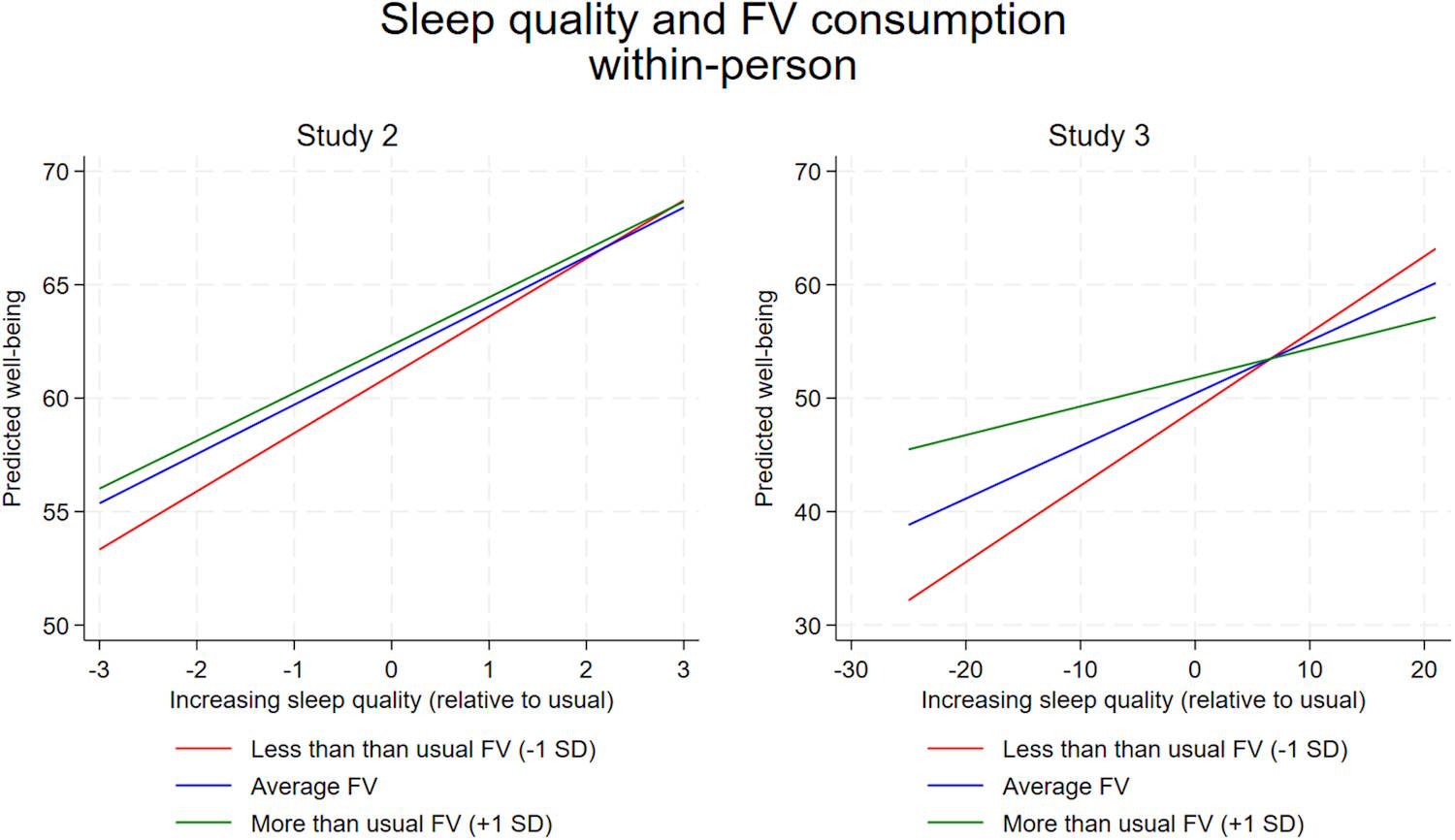A New Zealand study finds that eating more fruits and vegetables may buffer the negative effects of poor sleep on mental well-being, especially in young adults.

@Canva
Table of contents
We’ve long known that eating fruits and vegetables is good for you. But a new study led by the University of Otago in New Zealand suggests something more intriguing: their consumption might actually buffer the negative effects of poor sleep quality.
The research, focused on young adults, confirmed the well-established link between better sleep and better mental well-being. But it also highlighted a similarly strong connection between fruit and vegetable intake, physical activity, and psychological health. The surprise? More fruits and vegetables seemed to soften the blow of a bad night’s sleep.
The benefits of fruits and vegetables
The health advantages of eating fruits and vegetables have been documented for decades. Recent studies keep adding layers to this knowledge. One 2023 study showed that eating five servings of fruits and vegetables a day could benefit your physical health as much as walking 4,000 steps daily (about 1.9 miles or 3 km).
It’s not just about the body. A 2021 study from Edith Cowan University in Australia found that diets rich in fruits and vegetables were associated with lower stress levels.
As the old saying goes, mens sana in corpore sano—a sound mind in a sound body. Even without today’s scientific tools, the Romans were onto something.
The link between body and mind
Healthier habits are linked not only to stronger bodies but also to better mental well-being. Still, the connection isn’t as simple as “more exercise equals better mood.” Just a few months ago, researchers at the University of Georgia found that physical activity alone does not guarantee mental health improvements. Context, motivation, and how people experience exercise matter just as much.
Much of the research to date has focused narrowly on mental illness, rather than exploring how everyday habits—sleep, nutrition, and exercise—work together to influence positive psychological well-being.
The new study
To fill that gap, researchers looked at adults aged 17 to 25 and examined three behaviors—sleep quality, fruit and vegetable intake, and physical activity—in relation to mental well-being.
They pulled data from three studies:
- A survey of 1,032 adults across New Zealand, the UK, and the US
- A 13-day diary study of 818 New Zealand adults
- An 8-day study of 236 New Zealand adults wearing Fitbit devices to track physical activity

©PLOS One
Across all three, better sleep quality was the strongest predictor of well-being, with fruit and vegetable consumption coming in second. Interestingly, even within the same person, days with higher fruit and vegetable intake were linked to improved mood.
Exercise also correlated with better well-being, though its effect was more noticeable when comparing different days for the same individual than when comparing between people.
What stood out was that the three habits seemed to contribute independently and additively to mental health. The exception? Eating more fruits and vegetables appeared to buffer the effects of poor sleep, while a good night’s rest seemed to protect against lower fruit and vegetable intake.
As lead author Jack Cooper put it:
“This age group faces unique pressures—moving away from home, financial stress, academic demands, and social challenges that can reduce happiness. Understanding which lifestyle factors support well-being can help young adults not just ‘get by,’ but thrive during this critical stage of life.”
The study does have limitations. The sample was relatively homogeneous in age and nationality. Future research could include participants from more diverse backgrounds and larger groups to test the findings more broadly.
Importantly, the study published in PLOS One does not prove cause and effect. Still, the authors hope their results will guide strategies to boost mental health among young adults.
And there’s some encouraging news:
you don’t need to overhaul your entire lifestyle to feel better. Sleeping a little longer, eating an extra serving of vegetables, or adding just ten more minutes of physical activity in a day was already linked to noticeable improvements in mood and well-being.
The work was published in PLOS One.
Sources: EurekAlert / PLOS One
